Inrecentyears,urbanlegendsandconspiracytheoriesrelatedtoeconomiccriseshavegarneredsignificantattention.
Amongthem,thetheorythattheUSgovernmentintentionallyorchestrateseconomiccrisesstandsoutasaparticularlyintriguingtopic.
Thistheoryisnotmerelyhearsaybutissupportedbyspecificeventsandevidence,sparkingwidespreaddebate.
Whatforcesmightbeatworkbehindthescenesofeconomiccrises?
- ThehistoricalrelationshipbetweentheUSgovernmentandeconomiccrises
- Themechanismsandevidenceofplannedeconomicmanipulation
- Analyzingurbanlegendsforcluesaboutthetruth
- Theglobalimpactofeconomiccrisesandfutureimplications
- TheRelationshipBetweenEconomicCrisesandtheU.S.Government
- PlannedCrises?MechanismsandMotives
- TheConnectionBetweenFinancialInstitutionsandtheU.S.Government
- ReasonsforBelievinginConspiracyTheoriesandTheirTruth
- TheAppealofThisTheme
TheRelationshipBetweenEconomicCrisesandtheU.S.Government
ThroughoutAmericanhistory,economiccriseshaveoccurredrepeatedly.
Eachtime,conspiracytheoriesarise,suggestingthatthegovernmentwasintentionallyinvolved.
Forexample,theGreatDepressionof1929sparkeddebatesoverhowpoliciesatthetimeinfluencedtheeconomy.
Similarly,the2008LehmanBrotherscrisisraisedsuspicionsoffailuresinfinancialpoliciesandcollusionwithWallStreet,leadingtospeculationthatitwasapremeditatedevent.
TheForcesBehindtheGreatDepression
TheGreatDepression,triggeredbythestockmarketcrash,spreaditsimpactacrosstheUnitedStates.
Manyresearchersexplainitasaresultofoverinvestmentandalackofregulation.
However,conspiracytheoristsclaimthatcertainfinancialelitesmanipulatedthemarketcollapsetoextractwealthfromthemasses.
WastheGreatDepressionamerecoincidence,orwasitaplannedevent?
ActionsofFinancialElitesThatRaisedSuspicions
Theassertionthatfinancialelitesmanipulatedthemarketforprofitremainsstrong.
Recordsindicatethatsomemajorbanksandinvestorssoldoffhigh-riskstocksinlargevolumesbeforethecrash.
Whetherthiswasdeliberatemarketmanipulationorsimpleriskaversionremainsatopicofdebate.
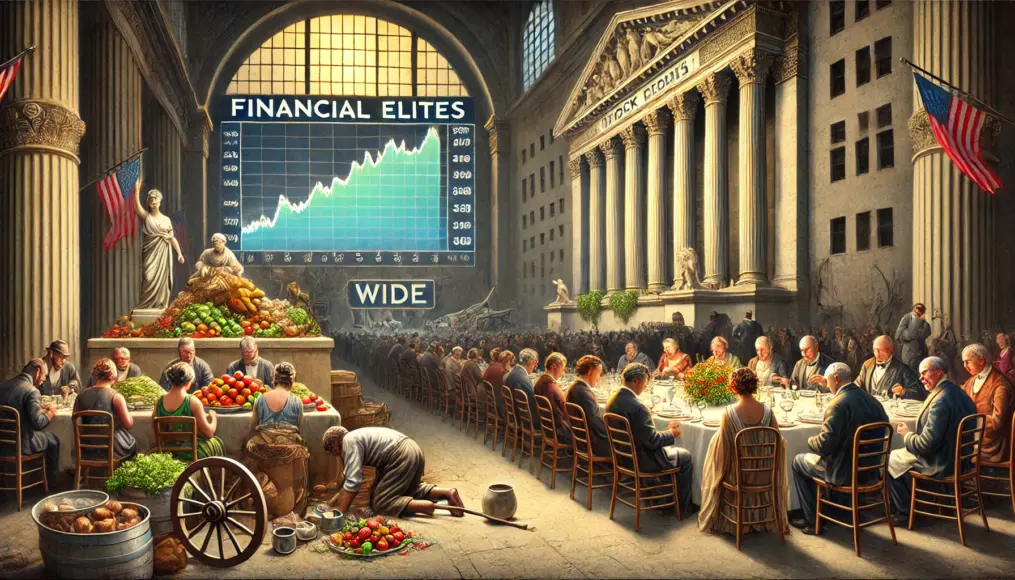
TheSocialImpactoftheGreatDepressionandItsTruth
ThewidespreadunemploymentandpovertycausedbytheGreatDepressionhadseveresocietalconsequences.
Somebelievethatthegovernmentleveragedthissituationtopushspecificpolicies.
Wasgovernmentinterventiontrulyaimedatrescuingcitizens,ordiditserveanotherpurpose?

TheMysteryBehindtheLehmanBrothersCrisis
TheLehmanBrotherscrisis,knownforthecollapseofthehousingbubbleandsubsequentfinancialturmoil,alsocarriesanairofconspiracy.
Thereareclaimsthattheexpansionofsubprimeloans,despitetheirrisks,wasintentional.
Notably,theinvolvementofmajorfinancialinstitutions,awareoftheserisksbutpursuingprofits,hasbeenquestioned.
Weretheseactionsmerelyirresponsible,orpartofalargerscheme?
TheStoryBehindSubprimeLoans
Subprimeloansprovidedhousingopportunitiesformanylow-incomehouseholdsbutcamewithhighrisks.
Financialinstitutionspackagedtheseloansandgeneratedsignificantprofits,whichbecameapointofcontention.
Additionally,thesecuritizationoftheseloansandtheirglobalspreadexacerbatedthecrisis.
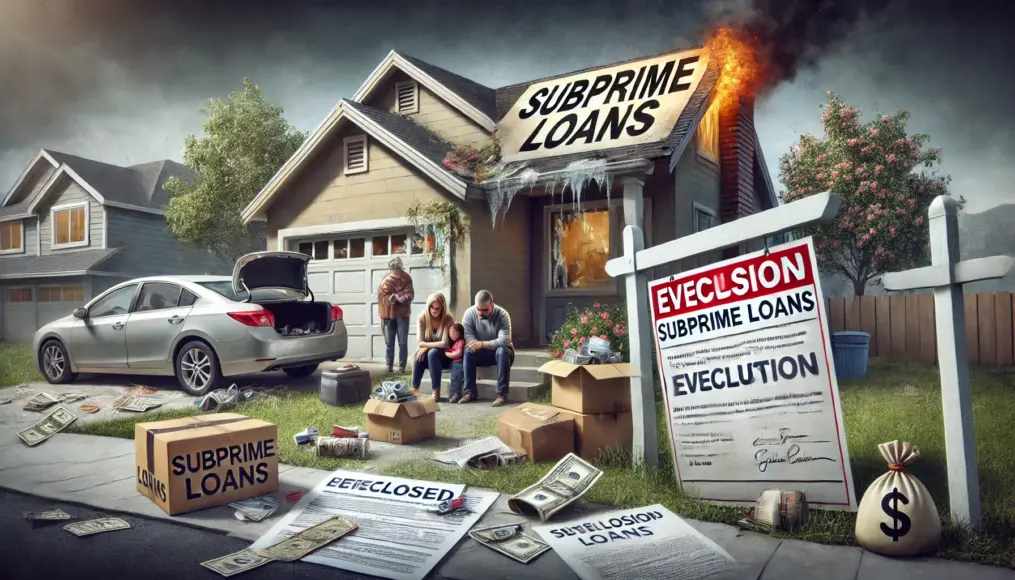
ConnectionsBetweenFinancialInstitutionsandtheGovernment
Thegovernment’sresponsetotheLehmanBrotherscrisishasbeencriticizedasfavoringcertainfinancialinstitutions.
Whilesomemajorbankssurvivedwithgovernmentsupport,smallerinstitutionsandindividualinvestorsfacedseverechallenges.
Wasthegovernment’sbailoutpolicytrulyfair?

TheRoleofPoliciesinEconomicCrises
TheU.S.governmentintroducesemergencypoliciesduringeconomiccrises,buttheireffectivenessisoftenquestioned.
Large-scalefinancialaid,forexample,hasbeencriticizedasdisproportionatelyprotectingspecificfinancialinstitutions.
Moreover,thewideningeconomicdisparityaftercriseshighlightsthepotentialunfairnessofthesepolicies.
Weretheseactionsgenuinelyforthebenefitofthepeople?
TheRealityofEmergencyPolicies
Whenfinancialinstitutionbailoutpolicieswereimplemented,questionsaroseabouthowthefundswereactuallyused.
Debatescontinueoverwhetherthesefundscontributedtoeconomicrecoveryormerelyprotectedtheprofitsoffinancialelites.
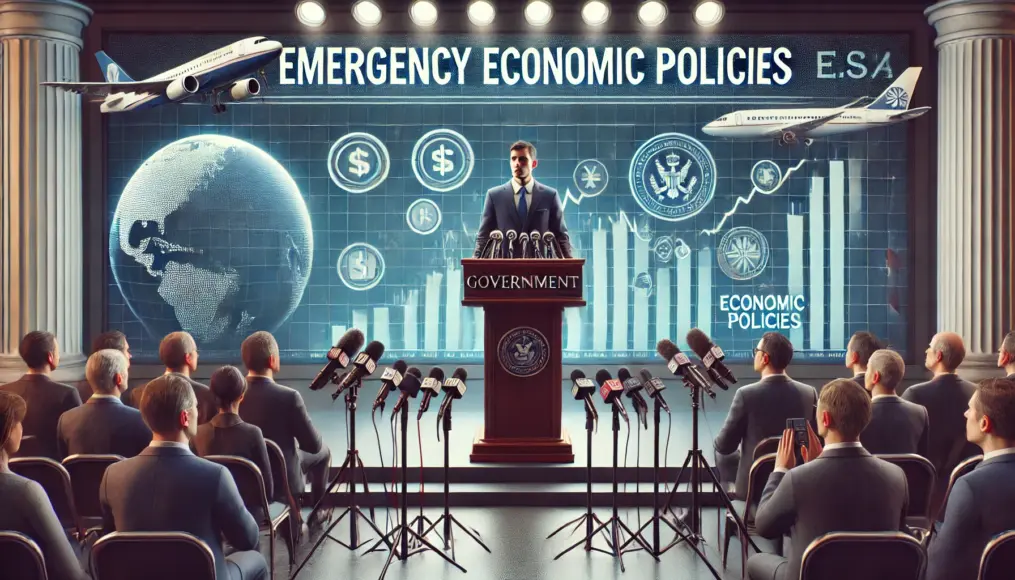
Long-TermImpactofPolicies
Thepost-crisiswideningofeconomicdisparitiesandsocialunrestsuggeststhatpolicieswereinsufficient.
Particularly,thelackofsupportforsmallbusinessesandlow-incomegroupsdelayedeconomicrecovery.
Itisessentialtoevaluatewhotrulybenefitedfromgovernmentpolicies.
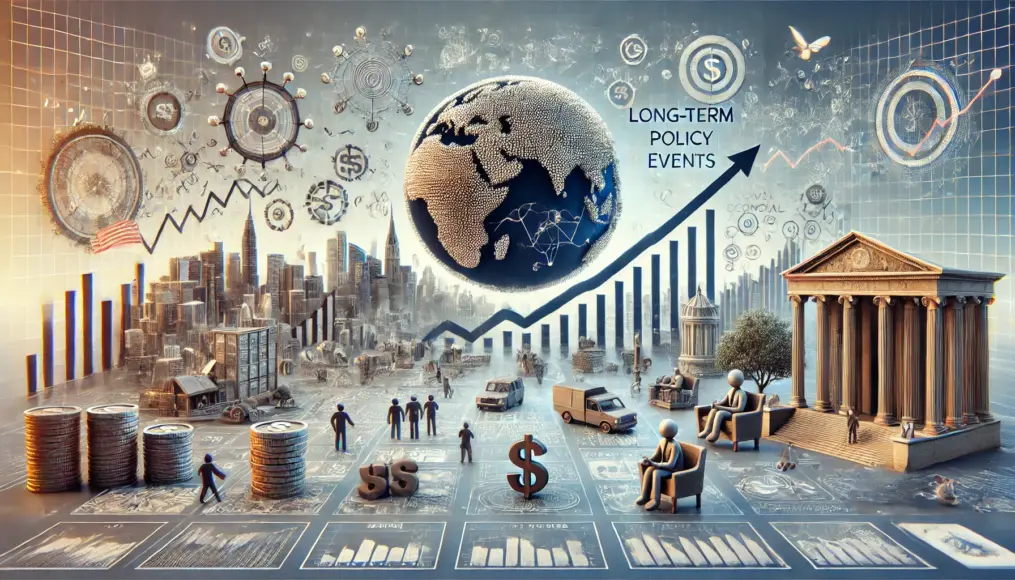
PlannedCrises?MechanismsandMotives
Conspiracytheoristsclaimingthateconomiccrisesareorchestratedpresentvarioushypothesesaboutthemechanismsandmotivesbehindthem.
Amongthemosthighlightedarepolicymanipulationsandmarketcontrolstrategiesaimedattriggeringeconomicfluctuations.
Letusexplorehowsuchmanipulationsarethoughttohavehistoricallyunfolded.
StockMarketsandInterestRateManipulation
Stockmarketsandinterestrateadjustmentsareconsideredprimarytoolsforcreatingeconomiccrises.
Centralbankscandeliberatelyraiseinterestrates,coolinganoverheatedmarketandfosteringrecessions.
Forexample,somearguethattheU.S.FederalReserve’sinterestratepolicieswereasignificantfactorintheGreatDepressionof1929.
AnalyzingtheImpactofMonetaryPolicies
Theinfluenceofmonetarypoliciesonmarketsisimmense.
Forinstance,supplyingexcessiveliquiditycancreateeconomicbubblesthatareintentionallyburst.
Thosewhobenefitfromthisprocessarebelievedtobegroupswithinsiderknowledge.
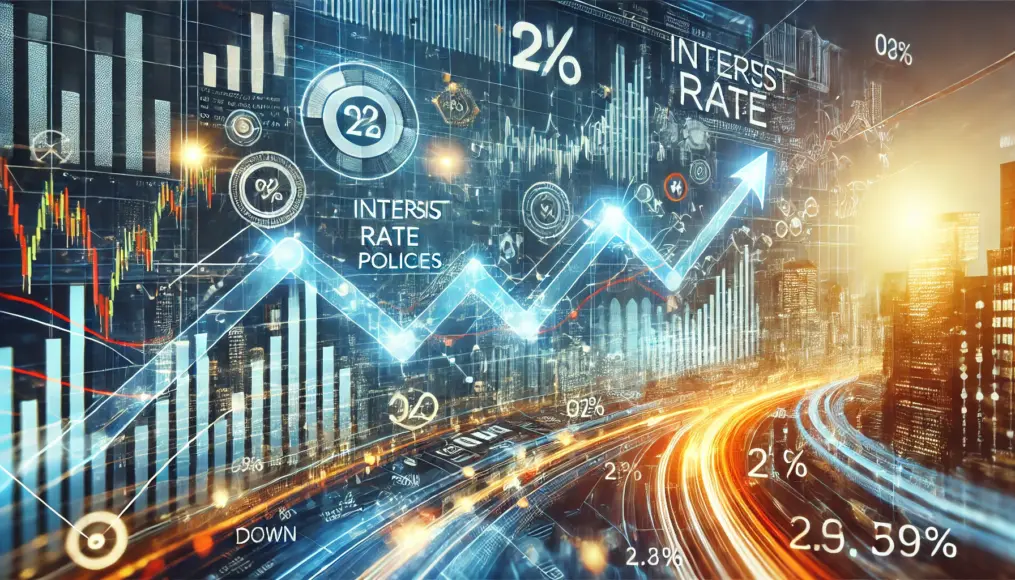
TheUseofEconomicSanctions
Economicsanctionsbetweennationsareanothertoolforgeneratingdeliberateeconomiccrises.
ItisbelievedthattheU.S.governmentimposessanctionsonspecificnationstocreaterippleeffectsacrosstheglobaleconomy.
Suchactionscangobeyondmeresanctions,leadingtowidespreadeconomicinstability.
Real-LifeExamplesofSanctionImpacts
Forinstance,thesanctionsimposedonIraqinthe1990shadsignificantglobaleconomicconsequences.
Fluctuationsinoilpricesandstagnationintraderelationswerefactorsthatexacerbatedtheeconomiccrisis.
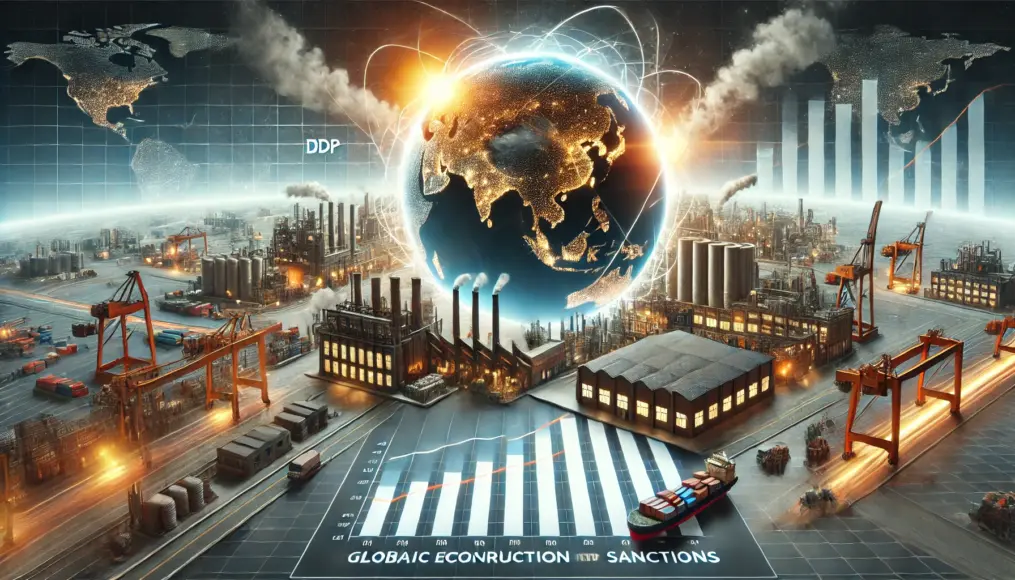
CurrencyManipulationandDeflation
Currencymanipulationisanotherrecurringthemeinconspiracytheories.
Weakeningorinflatingthevalueofspecificcurrenciesintentionallycanimpacttradeanddomesticeconomies.
Suchstrategiesareconsideredtoolsinthecontextofinternationalcompetition.
OrganizationsBehindCurrencyManipulations
InternationalinstitutionsliketheInternationalMonetaryFund(IMF)andtheWorldBankarefrequentlymentionedinconspiracytheories.
Somebelievetheseinstitutionsinterveneinthecurrencypoliciesofcertaincountriestodeliberatelytriggercrises.
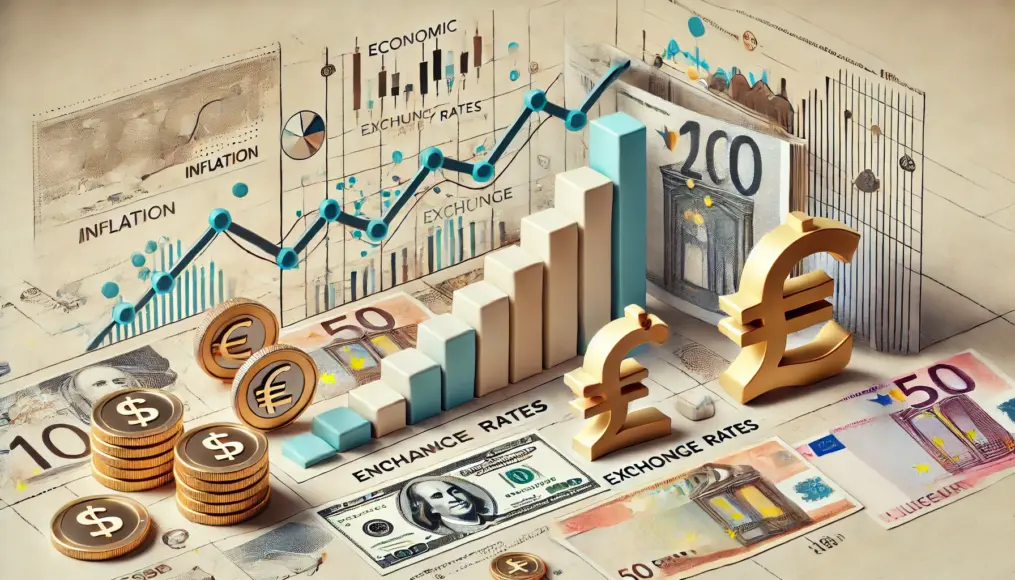
TheConnectionBetweenFinancialInstitutionsandtheU.S.Government
TherelationshipbetweentheU.S.governmentandmajorfinancialinstitutionshasbeenasignificantfactorineconomicpoliciesandfinancialcrises.
Urbanlegendsoftensuggestthatthegovernmentusestheseinstitutionstocontroltheeconomy.
Howwasthisconnectionformed,andhowdoesitinfluenceeconomicevents?Let’sdelvedeeper.
WhatistheFederalReserve(FRB)?
TheFederalReserve(FRB)servesasthecentralbankoftheUnitedStates,overseeingmonetarypoliciestostabilizefinancialmarkets.
Whileitsroleincludesadjustinginterestratesandensuringfinancialstability,questionsaboutitsstructurefrequentlyarise.
SomeconspiracytheoriesclaimthattheFRBisnottrulyagovernmentbodybutiscontrolledbyprivatebankers.
Howmuchtruthliesintheseclaims?
TheFRB’sOriginsandPrivateBankInvolvement
Establishedin1913,theFRBaimedtopreventeconomiccrisesandensurefinancialstability.
However,thestronginfluenceofprivatebankssinceitsinceptionhasfueledskepticism.
Forinstance,manyregionalFederalReserveBanksareownedbyprivatebanks,makingtheirgovernanceasubjectofdebate.
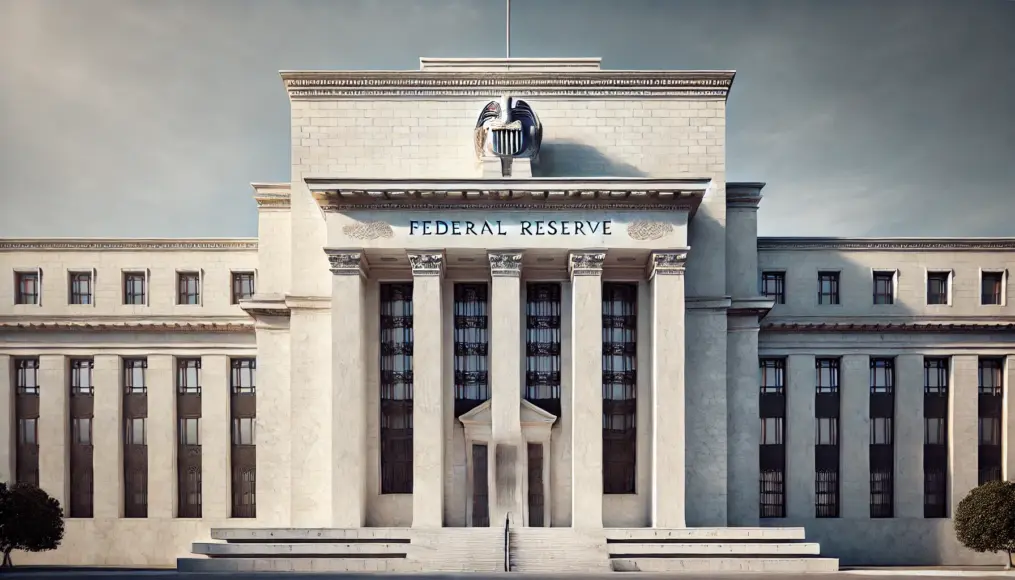
TheRoleofInterestRatePolicies
TheFRB’sinterestratepoliciessignificantlyimpactthebroadereconomy.
Loweringinterestratescanencourageinvestmentandeconomicrecoverybutmayalsofavorwealthyinvestors.
Thesepolicies’fairnessandtransparencyoftencomeunderscrutiny,fuelingurbanlegends.
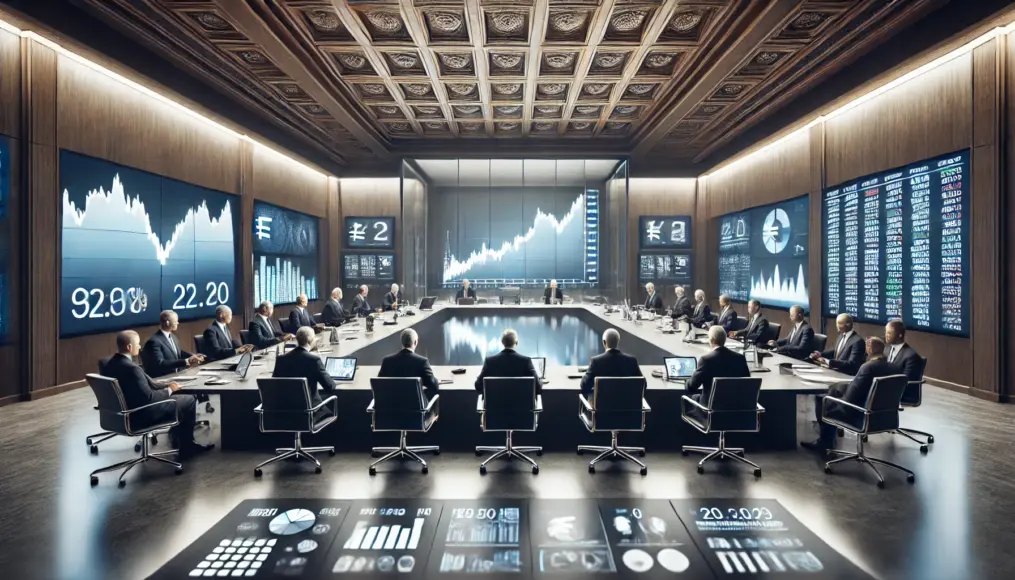
WhatisFinancialLobbying?
“Financiallobbying”referstoactivitiesbyfinancialinstitutionstoinfluencegovernmentpoliciesfortheirbenefit.
Theseactivitiesoftenincludelargefinancialcontributionsorprovidingexpertisetopolicymakers.
Howdoessuchlobbyingaffecttheeconomy,andwhatareitsbroaderimplications?
MethodsofLobbying
Financialinstitutionsoftenstrengthentheirinfluencebyfundingpoliticalcampaignsordonatingtolegislators.
TheyalsoembedtheirexpertsinadvisoryroleswithinCongress,directlyshapinglawsandpolicies.
Whiletheseactivitiesaretechnicallylegal,aretheytrulyinthepublic’sinterest?
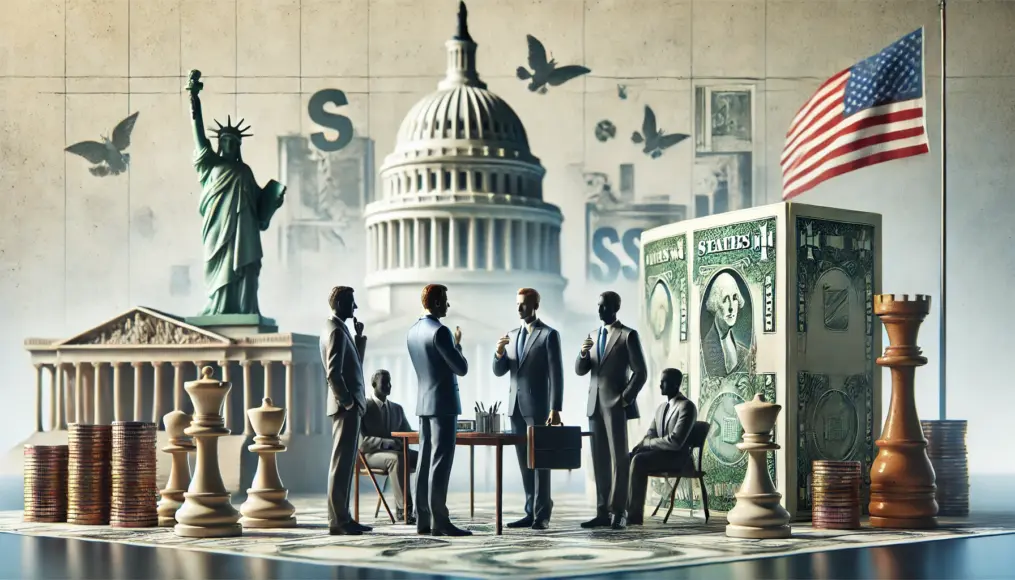
ImpactsandCriticismofLobbying
Criticsarguethatlobbyingoftenresultsinlawsthatprioritizefinancialinstitutions’profits.
Examplesincludetaxbreaksandderegulationthatdisproportionatelybenefitcertainindustries.
Howdothesepoliciesaffectordinarycitizens,andischangeneeded?
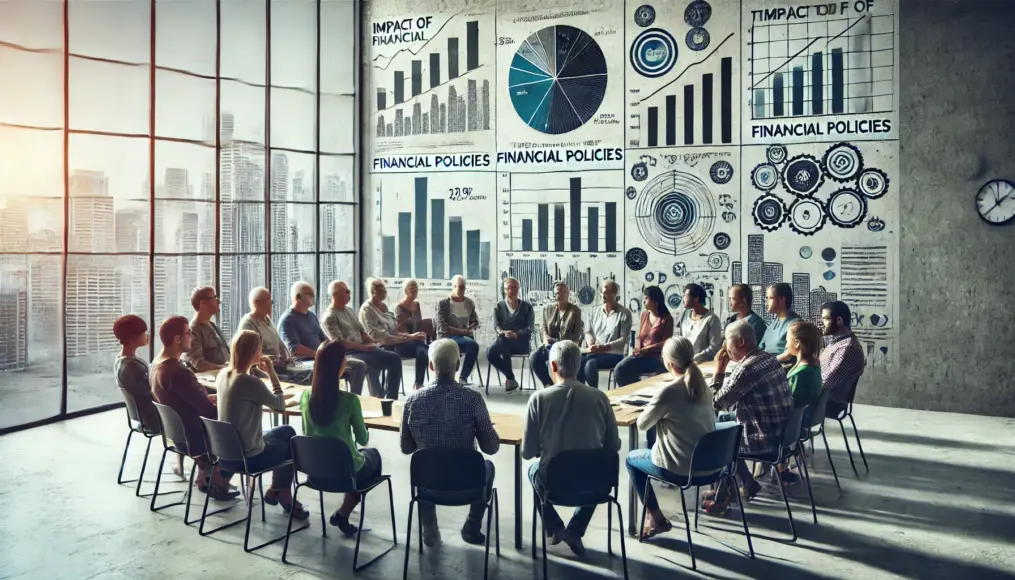
TheRelationshipBetweenGovernmentandFinancialInstitutionsDuringCrises
Duringfinancialcrises,therelationshipbetweenthegovernmentandfinancialinstitutionsbecomesparticularlyevident.
Forexample,duringthe2008financialcrisis,largefinancialinstitutionsreceivedmassivebailouts,whilesmallbusinessesandordinarycitizensstruggledtofindsupport.
Whatmotivesunderliesuchunequalsupport?
BailoutsandMoralHazard
Bailoutsformajorinstitutionscancreatea“moralhazard,”reducingaccountabilityandencouragingriskierbehavior.
Thenotionthat“thegovernmentwillrescueus”fosterscomplacency,potentiallyexacerbatingrisks.
Isthistrulyasustainablemodelforahealthyeconomy?
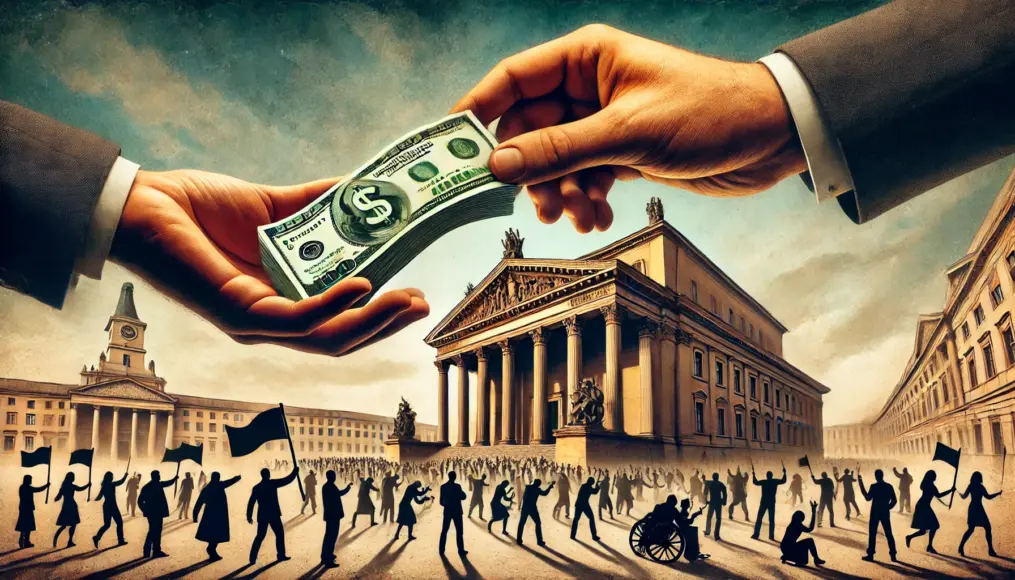
ReasonsforBelievinginConspiracyTheoriesandTheirTruth
Whydopeopleoftenassociateeconomiccriseswithconspiracytheories?
Toanswerthisquestion,let’sexplorethepsychologicalbackground,thewayinformationspreads,andtheconnectiontoreality.
ThePsychologicalBackgroundofSupportingConspiracyTheories
Thepopularityofconspiracytheoriesisdeeplyconnectedtopsychologicalfactors.
Intimesofsocialinstability,conspiracytheoriesprovidesimpleandcomprehensibleexplanations,makingthemmorebelievable.
Distrusttowardsauthorityandgovernmentsalsoplaysasignificantroleintheiracceptance.
BeliefsBornfromAnxiety
Whenpeoplefaceuncertainsituations,theyhaveastrongdesiretoidentifyclearcausesandreasons.
Forlarge-scalesocialeventslikeeconomiccrises,narrativesinvolving”powerfulhiddenforces”areparticularlyappealing.
Thispsychologicaltendencyservesasaself-defensemechanismfordealingwithanunpredictablefuture.

DistrustTowardsAuthority
IntheUnitedStates,distrusttowardsthegovernmentandfinancialinstitutionsisdeeplyrooted.
Thisdistrusthasbeenamplifiedbypastpolicymistakesandcorruptionscandals.
Conspiracytheoriesinvolvingauthoritativeorganizationsthriveinsuchanenvironment.

TheAppealofSimpleExplanations
Thetruereasonsbehindeconomiccrisesarecomplexandtechnical,butconspiracytheoriesoffer”simpleexplanations”thatresolvethiscomplexity.
Forinstance,claimslike”aspecificgrouporchestratedthecrisisforprofit”areeasiertounderstandandmorewidelysharedthandetailedanalyses.
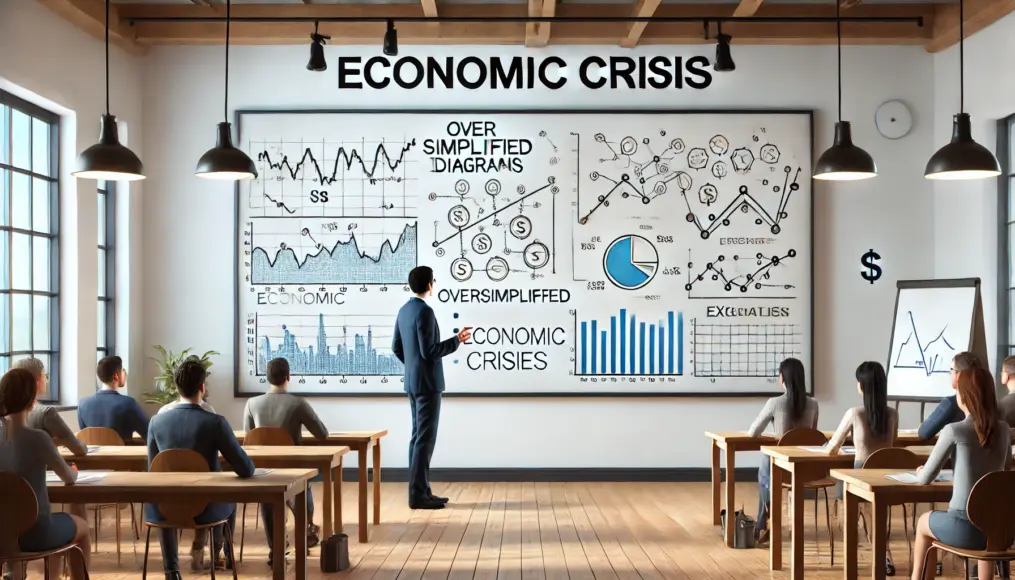
MediaandtheSpreadofConspiracyTheories
Theinfluenceofmediaisamajorfactorintheproliferationofconspiracytheories.
Inparticular,socialmediaandbiasedinformationsourcesoftenexaggeratethecredibilityofconspiracytheories.
Thismediaenvironmentfacilitatesthespreadofsuchtheories.
SocialMediaandthePowerofDissemination
Socialmediaservesasaplatformwhereconspiracytheoriesrapidlygaintraction.
Emotionallychargedheadlinesandpostsarefurtheramplifiedbyalgorithms,reachingawideraudience.
Asaresult,evenunfoundedclaimscanquicklygaincredibilityoncetheystartspreading.

IssueswithBiasedInformationSources
Informationsupportingconspiracytheoriesisoftencraftedbasedonspecificperspectivesorvestedinterests.
Ifreadersfailtorecognizethesebiases,theymayacceptandbelievemisinformation,obscuringthereality.
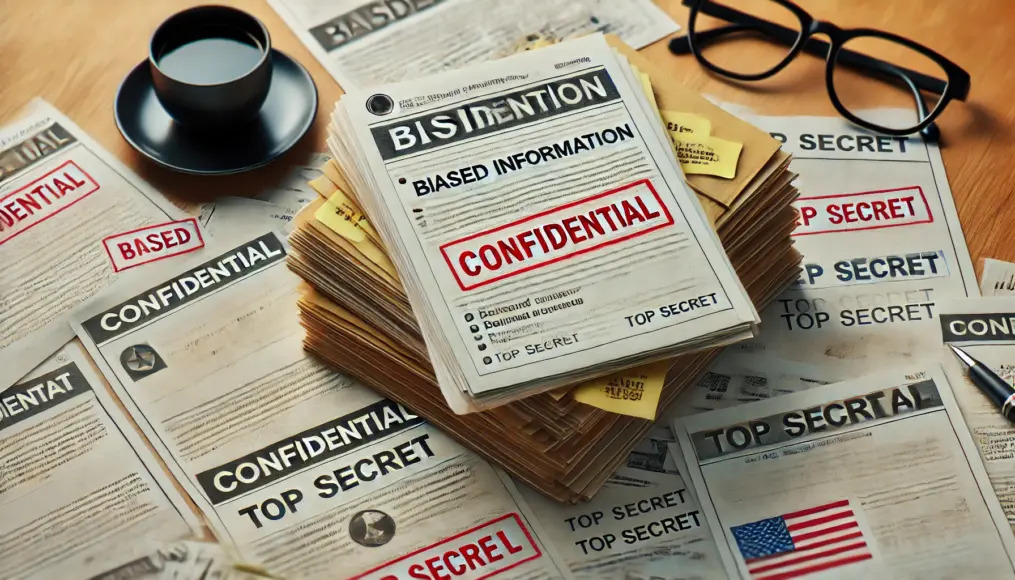
MediaResponsibilityandChallenges
Theroleofmediaisnotonlytodeliverfactsbutalsotoprovidemultipleperspectivestoitsaudience.
However,sensationaltopicstendtogeneratemoreadrevenue,sometimesprioritizingconspiracy-themedcontentoverbalancedreporting.

TheAppealofThisTheme
Thetheme”TheConspiracyofEconomicCrisesAllegedlyOrchestratedbytheU.S.Government”providesanessentialperspectivelinkinghistoryandcontemporarysociety.
Theclosetiesbetweenthegovernmentandfinancialinstitutions,thepossibilityoforchestratedcrises,andthehiddentruthsandsuspicionsbehindthemaretopicsthatdirectlyaffectourdailylives.
Exploringthisthemeoffersadeeperunderstandingofthemechanismsbehindtheworldandtheglobaleconomicsystem.
Additionally,thisarticledelvesintothepsychologyandbackgroundofhowconspiracytheoriesemerge.
Thisapproachallowsusnottodismisstheseideasasmereurbanlegendsbuttoappreciatetheimportanceofviewingmattersfrommultipleangles.
Whetheryoubelieveitornotisentirelyuptoyou.
Wewouldlovetohearyourthoughtsandopinionsonthisthemeinthecomments!

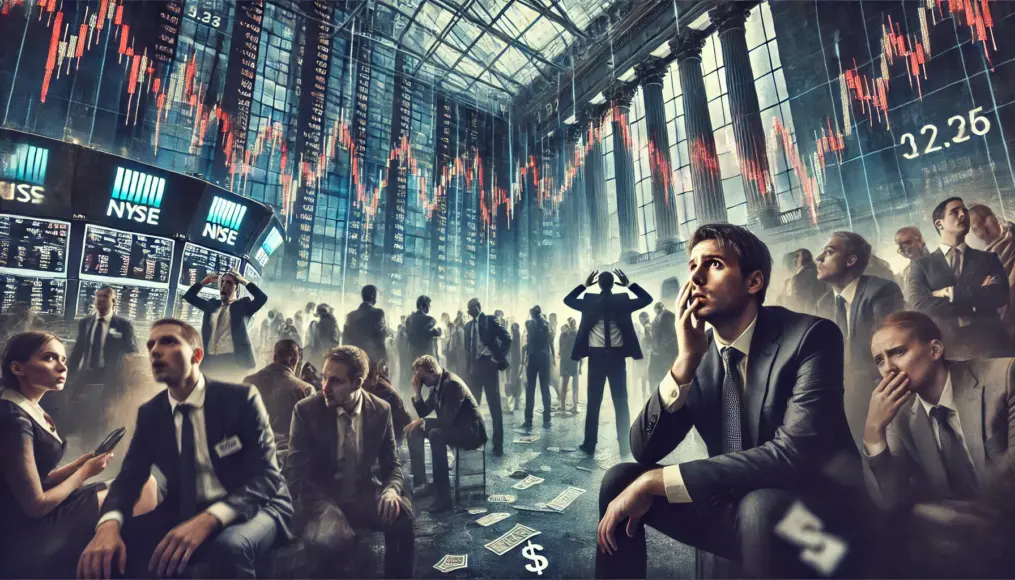


Comment